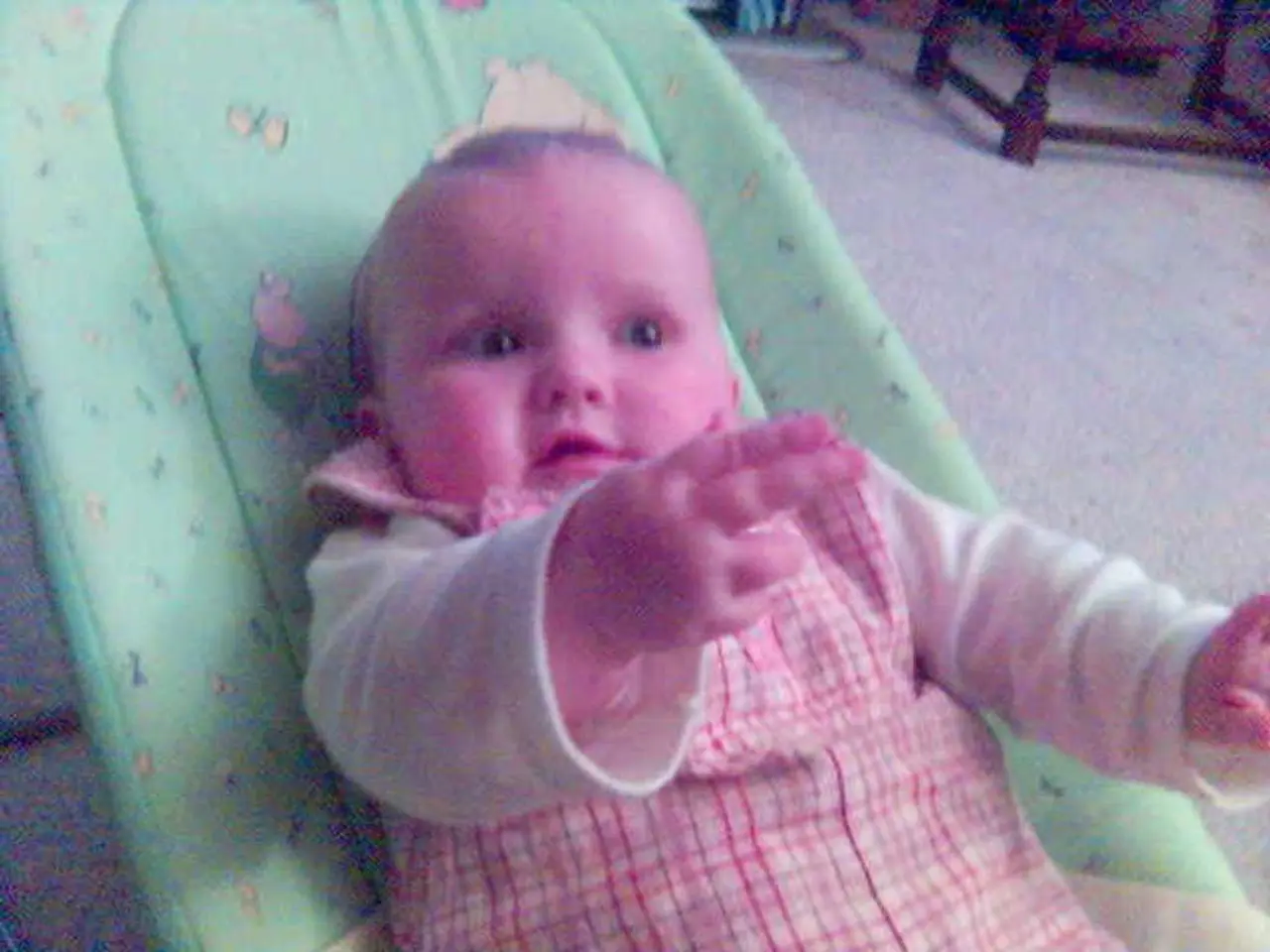Three-parent DNA technique yields eight healthy infants in Britain, marking technological breakthrough
A groundbreaking study published in the New England Journal of Medicine (NEJM) has highlighted the potential of mitochondrial donation technology in preventing severe mitochondrial DNA diseases, often fatal. The study, carried out exclusively at Newcastle upon Tyne hospital, has resulted in eight healthy children, offering hope and relief to families affected by these debilitating conditions.
The procedure, known as mitochondrial donation, aims to help families where women are carriers of mutations in mitochondria, preventing potential severe diseases. In the UK program using pronuclear transfer (a form of mitochondrial donation), 22 women underwent the procedure, with seven pregnancies and eight healthy births, amounting to approximately a 36–41% success rate in achieving live births free of mitochondrial disease.
All babies born via mitochondrial donation show no signs of mitochondrial DNA disease. The children are developing normally, meeting developmental milestones, with the oldest child followed up to 5 years old. The technology markedly reduces the risk of transmitting mitochondrial disease to the offspring, with risk reductions reported between 95–100%.
However, it is essential to note that mitochondrial donation is considered a risk-reduction, not a risk-elimination approach. There remains a possibility of "reversal" or the occurrence of mitochondrial DNA heteroplasmy (presence of both normal and mutated mitochondrial DNA in cells) that can have health implications for offspring. Some infants have experienced short-term symptoms unrelated to mitochondrial disease. Longer-term follow-up is necessary to monitor the health of children born through this method, and improvements in efficiency (pregnancy rates) are desired.
Professor David Thorburn and other experts consider these results encouraging, demonstrating the value of mitochondrial donation in clinical settings such as the UK and Australia. The approach offers hope for parents at high risk of passing on mitochondrial diseases, though comprehensive counseling about the limitations and ongoing research is essential.
In conclusion, mitochondrial donation technology shows a significant success rate in producing healthy babies free from severe mitochondrial diseases with very high risk reduction. However, it is not an absolute guarantee and requires long-term follow-up to fully understand potential risks. Despite ethical debates about creating "children from three parents" and altering inherited genetic information, this breakthrough offers relief to families affected by mitochondrial diseases.
- The study published in the New England Journal of Medicine explores the application of mitochondrial donation technology in mitigating the risk of severe mitochondrial DNA diseases.
- Science and medical advancements have led to the development of the mitochondrial donation procedure, designed to help families where women carry mutations in mitochondria.
- Health-and-wellness professionals, including Professor David Thorburn, view the success rate of this technology in producing healthy children as encouraging for family health.
- The long-term mental-health implications for children born through mitochondrial donation and the occurrence of mitochondrial DNA heteroplasmy require ongoing research and consideration in parenting discussions.




